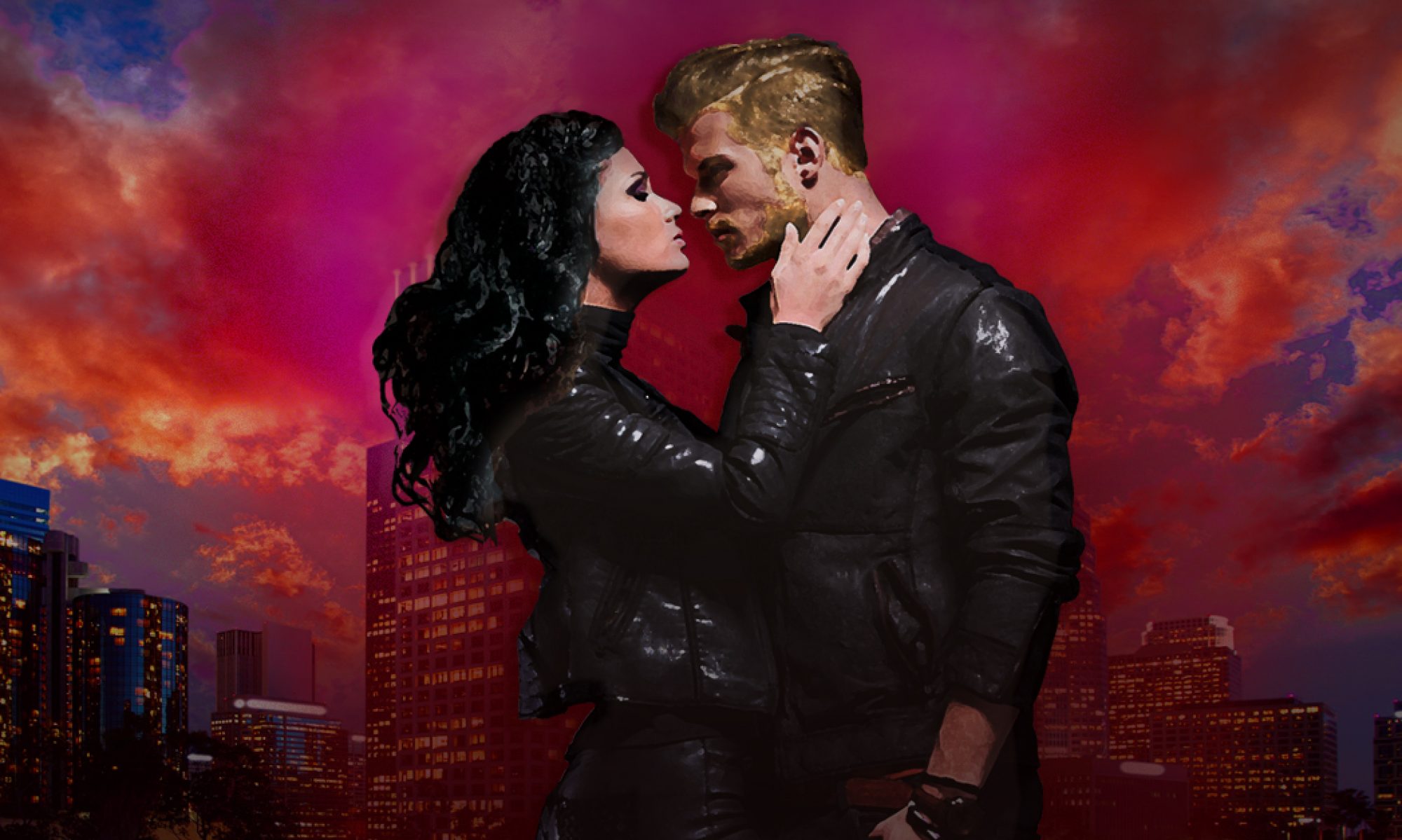I recently completed a five book series centered around a group of vigilantes fighting rich pederasts in New York City. The central romance in the series develops between the first and lead vigilante, a figure known as the Black Mask, and the criminal analyst the NYPD brings in to help catch him. She ends up helping him instead, against the members of the Ganymede organization that he’s been fighting for years. A few people join them in their fight along the way, including a comics-fan FBI agent and young hacker who become a secondary couple.
It’s a dark series. Vigilante stories are about the satisfaction of a need for justice, one which cannot be found within the system. These stories are generally critical of either law enforcement, the corruption in the current legal system, or both. In Black Mask, many of the people who end up helping or even becoming the vigilantes are themselves actually members of law enforcement. They speak constantly of feeling their hands tied by a system which favors the rich and well-connected to the point where an entire class of people essentially lives above the law. Ganymede, the enemy organization, is a group of men in this class who use their immunity to harm children habitually. Thomas Ambrose, the Black Mask, is the son of Ganymede’s founder and leader, and his father’s crimes are directly responsible for his choice to become a vigilante. He does what has to be done to make the world safer for children–including the ones he wishes to father with his lady love.
Catherine Farrows, the crime analyst who becomes Thomas’ vigilante as well as romantic partner, lost her father to alcoholism, which he fell to from the strain of trying to be a good cop in a hopelessly corrupt system. She starts out the series basically trying to start her life over. She’s left her job, the state she grew up in and a bad break-up to move to New York, and she’s planning to take a hiatus from her work as an analyst because of the same burnout issues her father faced. Instead she gets pulled into the hunt for the Black Mask, unaware that he’s already found her and that they have already become lovers in his ‘civilian’ guise. She ends up falling in love with both of this man’s personas, and agrees to help the Black Mask well before she discovers that he and Thomas are one and the same.
Catherine is a moral fence-sitter when it comes to what Thomas is doing as he hunts down the members of Ganymede. She knows that murder is wrong, she knows that there needs to be a better answer for stopping their enemies than violence; she believes in a higher morality, and ends up wrestling with these issues a lot. But she also knows that time and again, they keep running into situations where violence is the only workable solution they have available. Thomas has a soldier’s mentality about his work and generally just dives in where he finds it necessary. This leaves Catherine in a situation where she’s powerfully attracted to this man, and in love with this man… but also a little afraid of him, and a little repelled by his bloody hands.
That is the thing with a deadly vigilante character. We root for them, because they’re doing what we know is about as right as the situation will allow, and because they’re doing what we wish we could do sometimes. But they are also bad boys. Their hands are stained, so that we don’t have to stain our own. So it is with Thomas–and Catherine must join him as a vigilante in order to truly understand him and his fight.
